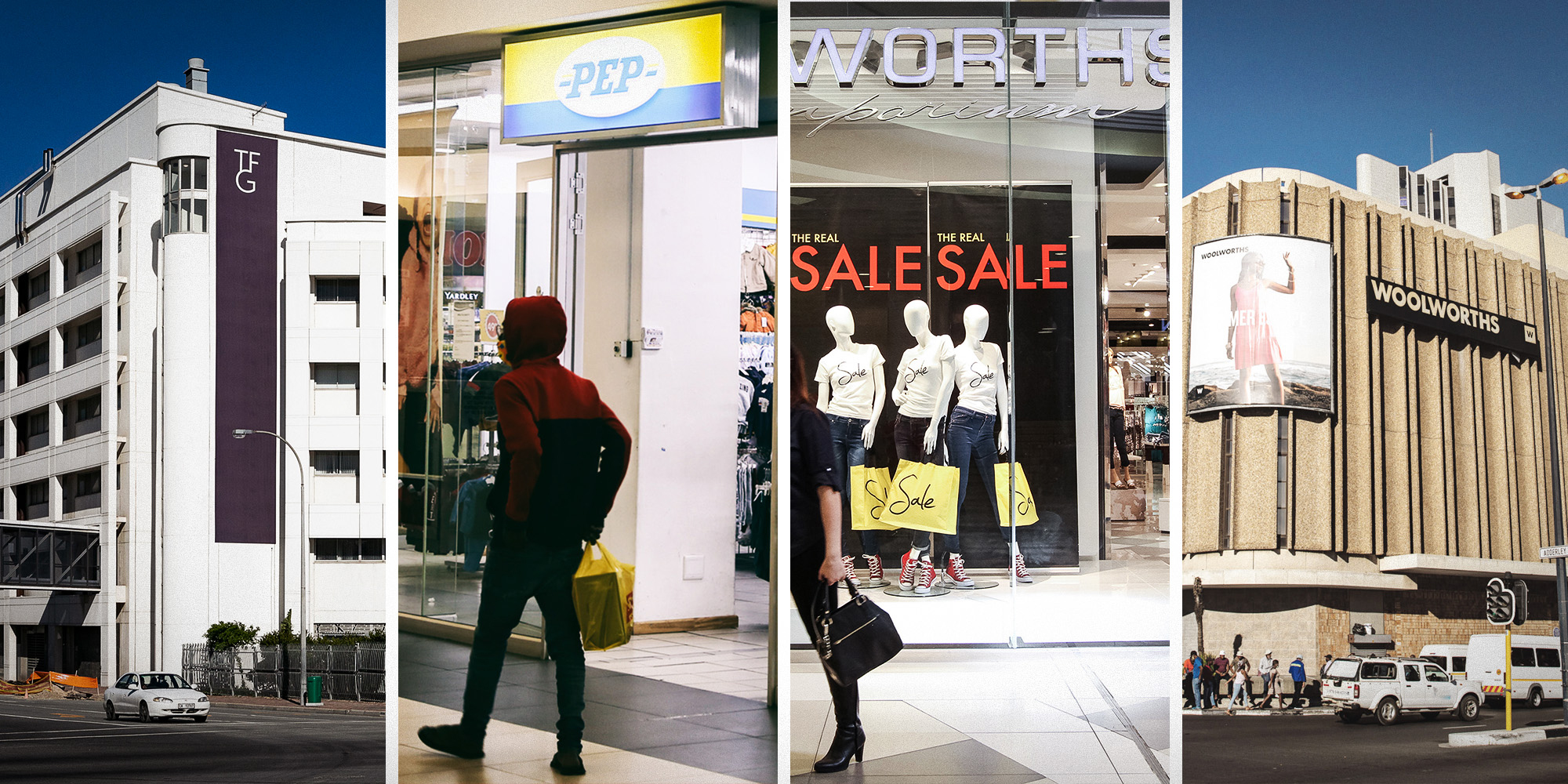ESG refers to environmental, social and governance – the criteria by which businesses and investors typically judge a business’ effect on the environment and society at large. And by and large, consumers seem to be the ones driving ESG investment, according to Chandni Gopal and Zimkhitha Mhlahlo from the law firm Webber Wentzel.
“As they become more conscious of the environmental impact of their purchases and gravitate more towards brands that prioritise sustainability and ethical governance, retailers and their suppliers must adapt by embracing more sustainable and ethical practices to align with the evolving demands of their customers,” Mhlahlo said.
Allegations of colour-washing have kept retail companies on their toes. Colour-washing occurs when companies make false or misleading claims about their ESG practices for the sake of attracting customers and investors. Exaggerating or lying about ESG investment is not only unethical but can lead to legal action.
For example, global clothing retailer H&M has had to defend itself against a class action lawsuit which alleged that its marketing and product labelling misled consumers about the company’s environmental and social consciousness, said Gopal.
ESG trends
Gopal and Mhlahlo identified these ESG trends in the South African retail industry:
- Digital transparency: The use of technology to provide transparency in ESG practices will see retailers leveraging digital tools to track and report on their sustainability efforts, allowing consumers to make informed purchasing decisions;
- Decarbonisation: Retailers will need to increasingly focus on reducing their carbon footprint, both in their direct operations and across their supply chains. This may include investing in renewable energy, improving energy efficiency and adopting sustainable logistics practices; and
- Climate risk management: As climate change continues to pose significant risks, retailers will need to assess and mitigate the impact of climate-related events on their operations and supply chains, as well as contribute to global climate goals.
How South African retailers are tackling ESG
Daily Maverick took a closer look at the bigger listed retailers’ sustainability reports to see what they are doing.
The fashion retail company Truworths has tried to reduce environmental costs related to transportation by reducing transit times, and by packing transport more efficiently, according to its 2023 ESG report. It states that Truworths had streamlined port use and shared road transport with other retailers in the name of efficiency.
Trains would be the ideal form of transport, the report says, but the South African rail network doesn’t make it feasible. This, of course, ties back to national logistics problems that can be traced back to Transnet failures.
Read more: Transnet is still losing money — its recovery is set for the long haul
Supply chains have become a keen focus in the ESG sector. Trends such as modern slavery, human and animal rights abuses and poor environmental practices throughout supply chains have become important for both consumers and legislation.
The European Union Corporate Due Diligence Directive has mandated companies to seek out and address human rights violations within their supply chains. “At the consumer-facing end of global supply chains, retailers will almost certainly find themselves having to engage in robust supply chain due diligence processes,” Mhlahlo said.
Woolworths’ 2024 sustainability report details its standards with regards to sourcing animal products, which includes keeping animals free from hunger or thirst, discomfort, fear and distress, and allowing them to exhibit their natural behavior.
But supply chains are difficult to manage, especially for large food retailers.
“Multitiered and geographically dispersed supply chains like ours can have significant negative social impacts,” says the Woolworths report. Supply chains must be continually monitored for animal abuse, poor working conditions, and forced labour.
Pepkor, the retail colossus that owns businesses such as Ackermans, PEP and Tekkie Town, is particularly interested in renewable energy generation – although its success in reducing its carbon footprint has faced some headwinds. Although its 2023 sustainability report says that Pepkor had spent R62-million on renewable energy throughout the financial year, it also mentions that the group burned large amounts of diesel to keep stores operational during load shedding.
The Pepkor sustainability report voiced the retailer’s goal to increase its solar power generation by 2.5 megawatt peak to 8.5MWp, as well as to cut down on its waste by using second-hand boxes for packaging.
The harmful effects of the fast fashion industry on the environment has become the bugbear of many consumers, and clothing retail company The Foschini Group (TFG) has tried to curtail the effects of the industry by diverting 411 tonnes of textile waste and rolling out reusable shopping bags, according to its 2024 sustainability report.
Domestic production is also a focus of theirs; but while 79.2% of TFG Africa’s apparel is manufactured by members of the Southern African Development Community, other arms of TFG are not as dead-set on local sourcing. The majority of TFG Australia’s stock comes from factories in China, and more than a quarter from Bangladesh.
The circular economy, which refers to practices such as the reuse and recycling of materials, has become a popular way for companies to boost their ESG performance and reduce waste and carbon emissions.
“Initiatives such as product-as-a-service models, where consumers lease rather than own products, or programmes incentivising the return of used items for repair or recycling, enable retailers to reduce their environmental footprint,” Gopal noted.
How much bite do consumers have?
While the intent of the ESG framework is to convey the social and environmental impact of a company, it is not traditionally aimed at consumers. Rather, ESG criteria are used to woo socially conscious investors and comply with governance structures.
Shoppers are ultimately still a mixed bag where environmental and social matters are concerned. “Different consumers will prioritise different criteria in their purchasing behaviour,” Truworths told Daily Maverick. “Some consumers may prioritise ESG over everything else, and only purchase sustainably sourced products, while other consumers may prioritise price, quality or other criteria, without considering sustainability at all.” DM




